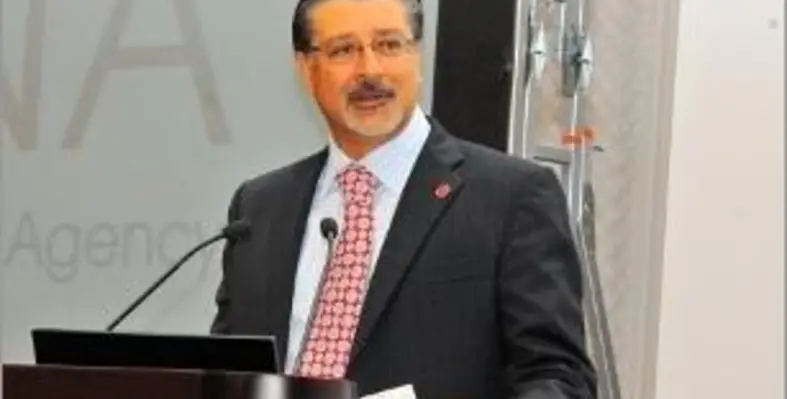According to Adnan Amin, Director General of IRENA, broad cooperation is necessary in order to seize opportunities in renewables markets
The International Renewable Energy Agency (IRENA) recently hosted high-level consultations on creating broad-based cooperation on accelerating the deployment of renewable energy in Africa. Held early in July 2011 in Abu Dhabi, the meeting built on recent commitments made by the Capital Markets Initiative, CoP-17, Rio+20 and the International Year of Sustainable Energy For All.
At the meeting, there were representatives of 45 African countries - including nearly 30 African ministers and assistant ministers. High-level representatives from the African Union and High-level non-African delegates also attended, including representatives of UNIDO, IPCC and UNEP, India, China, Germany, France, Japan and the UAE.
Promoting sustainability
The creation of IRENA can be regarded as amongst the most important initiatives undertaken at a global level in favour of renewable energy. IRENA was founded in 2009 to promote widespread and increased adoption and sustainable use of all forms of renewable energy.
It facilitates access to all relevant renewable energy information, including technical data. The founding of IRENA sent out a very strong signal to the world community that renewable energy will have to play and will play a key role in the future energy supply all over the world. With the Award, WWEA would also like to indicate that WWEA is committed to work closely with IRENA and will continue to give its full support.
Advancing scenarios and strategies
The July meeting in Abu Dhabi was chaired by UAE Special Envoy for Energy and Climate Change, Dr. Sultan Ahmed Al Jaber - President of the IRENA Assembly - as well as Director General of IRENA, Mr. Adnan Amin.
The Ministerial meeting aimed to jumpstart a process that includes development of scenarios and strategies for Africa, and to launch a continent-wide process to prepare African economies to address current constraints in the deployment of renewable energy.
The prioritisation of Africa in IRENA’s 2011 work plan is motivated by the challenges faced by the continent. For instance, Africa, which represents 15 per cent of the world population, accounts for only five per cent of global primary energy use today - nearly half of which is traditional biomass, a major cause of health problems and deforestation.
The deterioration of quantity and quality of power infrastructure impedes growth in Africa. The African Development Bank estimates that US$27bn will have to be invested annually to achieve its goal of universal access to reliable and cleaner, electric power in all 53 countries in Africa by 2030.
Currently, investments in energy in Sub-Saharan Africa amount to approximately US$2bn a year.
The right environment
Commenting on the consultations, Amin said, “There is great potential for capitalising on renewable resources in Africa provided that the right enabling environment is created. IRENA can play a role in helping governments create the necessary conditions, mapping out how to make the transition to a more sustainable energy future.
“The consultations bring together different actors to jointly identify what enabling conditions are needed, what obstacles need to be removed, what mix of solutions responds best to a country’s circumstances, and how countries might gain access to the right technology, financing and investment.”
On his part, Dr. Al Jaber said, “The issue is not shortage of funds for investment, but rather the inability of African markets to attract a substantial share of that investment. This is largely due to a lack of coherent and consistent policies, technical, regional and institutional capacity, enabling mechanisms and regulatory frameworks, making the region comparatively unattractive for entrepreneurs and investors.
“I strongly believe that meetings such as these, with the appropriate follow up, will help mitigate these issues for the continent.”
The two-day meeting concentrated minds on energy as a key development issue, considering its direct bearing on multiple sectors, including industry, agriculture, water, transport, environment, health and education, among others; identifying the appropriate institutional context for spearheading implementation and how IRENA can support institutional strengthening; how partnerships can be better utilised for implementing strategies; requirements for supporting investment strategies; and what governments can do to strengthen domestic investment environments for renewable energy.














